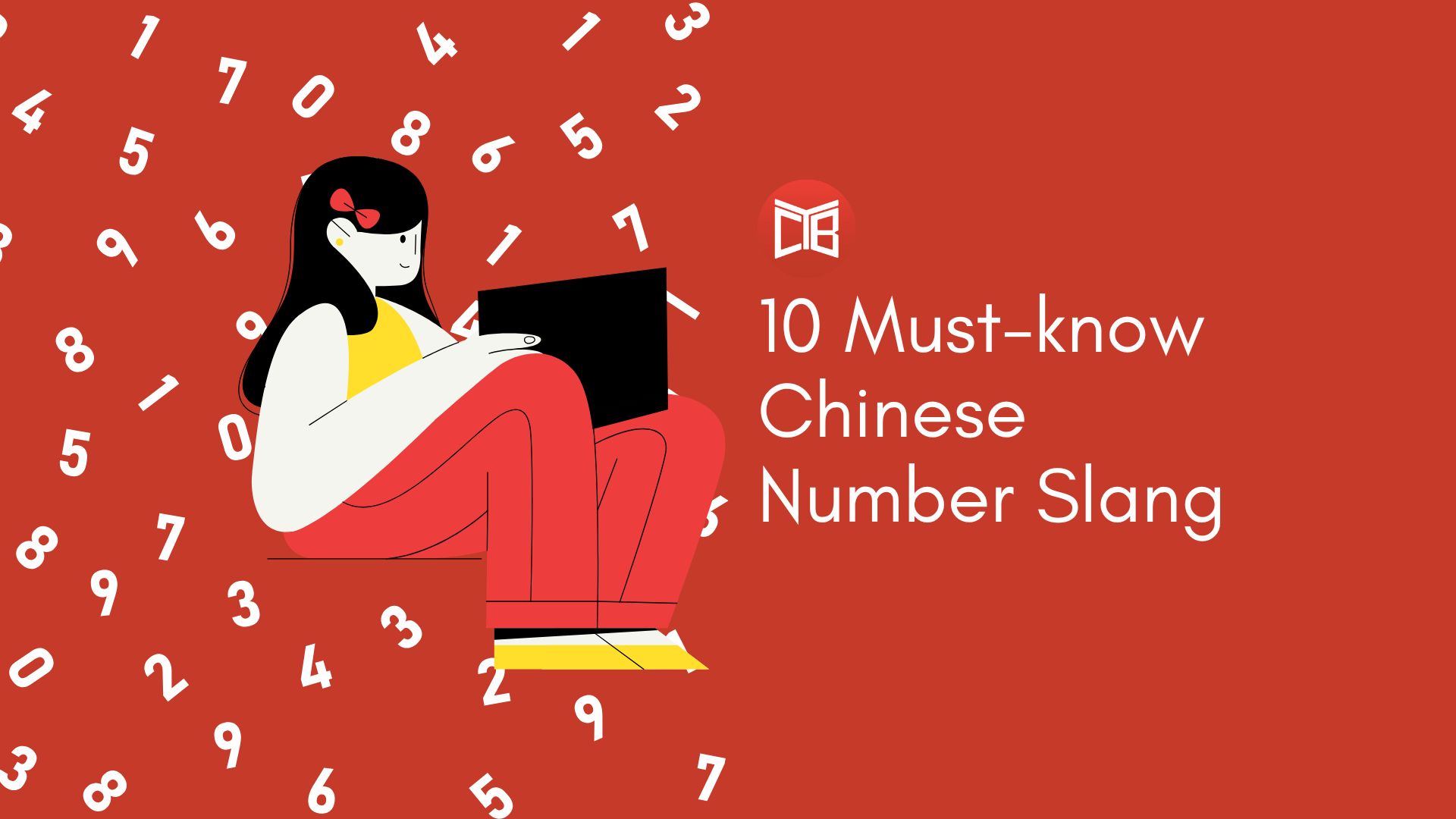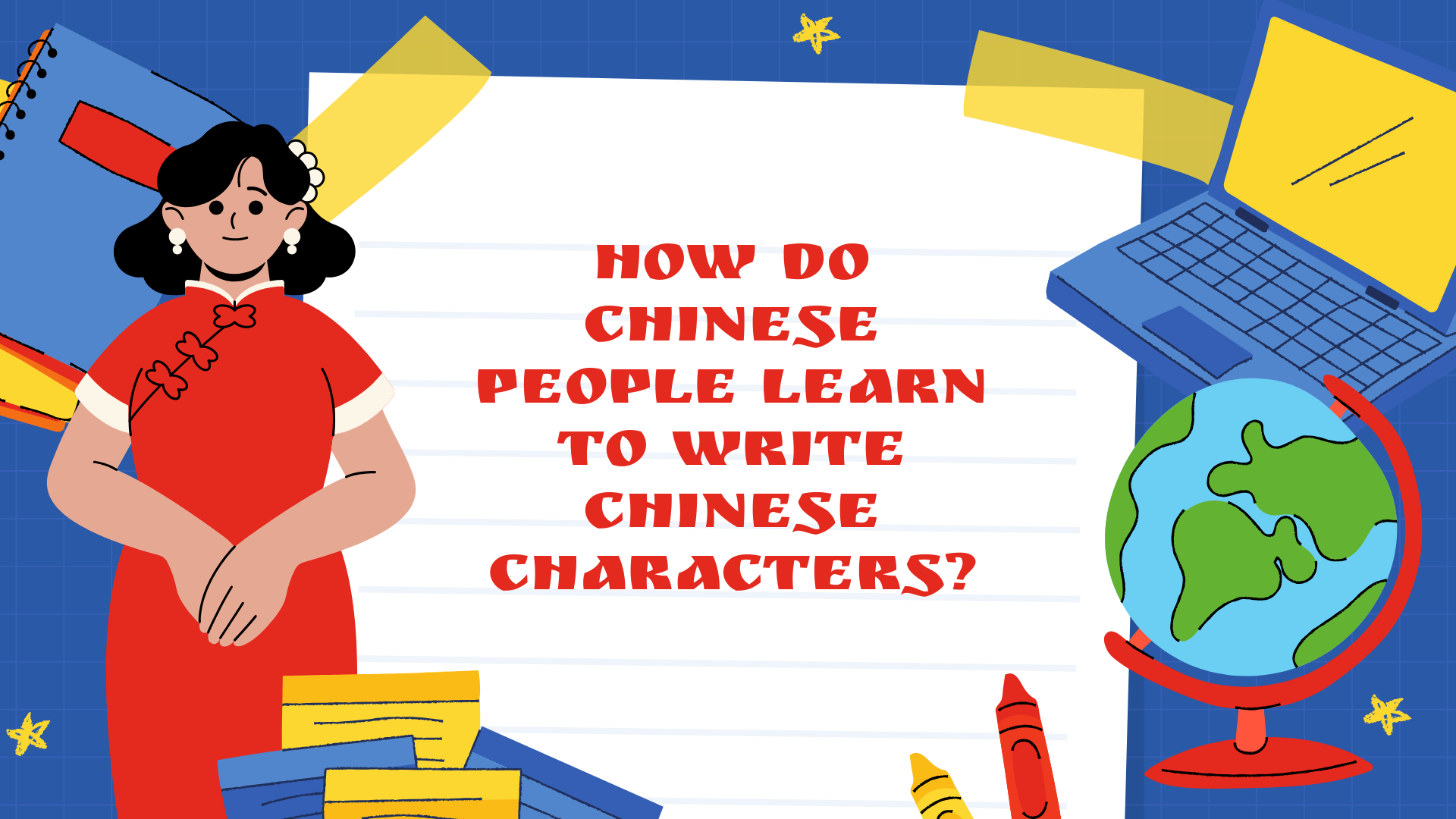
At some point or another, you’ve likely heard of Confucius, or “Kongzi” (孔子) as he is known in China. Likewise, you’re probably familiar with the fact that he was a great teacher, writer and scholar as well with a set of philosophical teachings named after him. Despite having lived over 2 and a half millennia ago, Master Kong’s teachings continue to inspire people today, with a profound legacy not just on China itself, but all throughout Asia. But just what did he teach? What is Confucianism? And how can we better understand Chinese society with a knowledge of it?
Confucius lived during a time of division and instability in ancient China. The political uncertainty of the era created many different schools of thought and philosophies all contending against one another, this was known as the “hundred schools of thought” 諸子百家, a golden age in Chinese philosophy. He himself became a part of this. He sought to work in advising governments, travelling around China from state to state.
Although he was largely unsuccessful in getting his ideas implemented, he spent his final years as a teacher, where his works were compiled into what became known as the “four books and five classics” (四书五经), which became the core contexts of the Chinese dynasties. After his death, attributed conversations to became compiled as “the analects“ (论语)which depicted most of his moral teachings.
But what did he teach? Confucius believed that human beings were naturally good and that selfish interests could be controlled by adherence to virtue. Each person was capable of developing this all-encompassing sense of virtue known as ren (仁). To do this, they had to fulfil a set of ritualistic behaviours known as li (礼).
As you fulfilled the li, you were to pay attention to your role in society. Confucius did not envision society as an equal system full of different individuals, rather, he saw it as an atomized series of relationships between people with distinctly important roles. He taught that five relationships mattered, which required obligation to each one, including: including subject to ruler, child to parent, wife to husband, younger to elder and friend to friend.
He believed through obedience to these social roles, society would function harmoniously and peacefully, working according to its proper purposes. If it were all done correctly, then there would be no need for law or force, because people would be conditioned by ritual to be virtuous.
Similarly, he expected rulers were to rule not by force, but with benevolence and wisdom. In theory, they were to gain their position through merit of this. The perfect man who fulfilled his duty and the li was known as a Junzi (君子), which was Confucians ideal individual.
Despite the general consistency of these key concepts, Confucianism nevertheless has never been a “single” thing. Over the centuries, numerous other Chinese writers and scholars have continued to expand upon and interpret Master Kong’s ideas in a variety of ways and forms. One notable philosopher in particular was known as Mencius, or (孟子), known as “the second sage”. By the time of the Tang Dynasty, Han Yu (韩愈) reinvigorated Confucius’s teachings into “Neo-Confucianism”. The philosophy has therefore rarely been static.
Nevertheless, we continue to see its influence today. If you have ever wondered why Chinese people attach so much significance to their family, to the elderly, to the role of teachers in education and to polite and correct behaviour in public, then these are just some of many examples as to how Confucius’s cultural legacy lives on. Despite the changes we see in modern China today, his teachings continue to indirectly influence the way Chinese think and feel about the world.






















